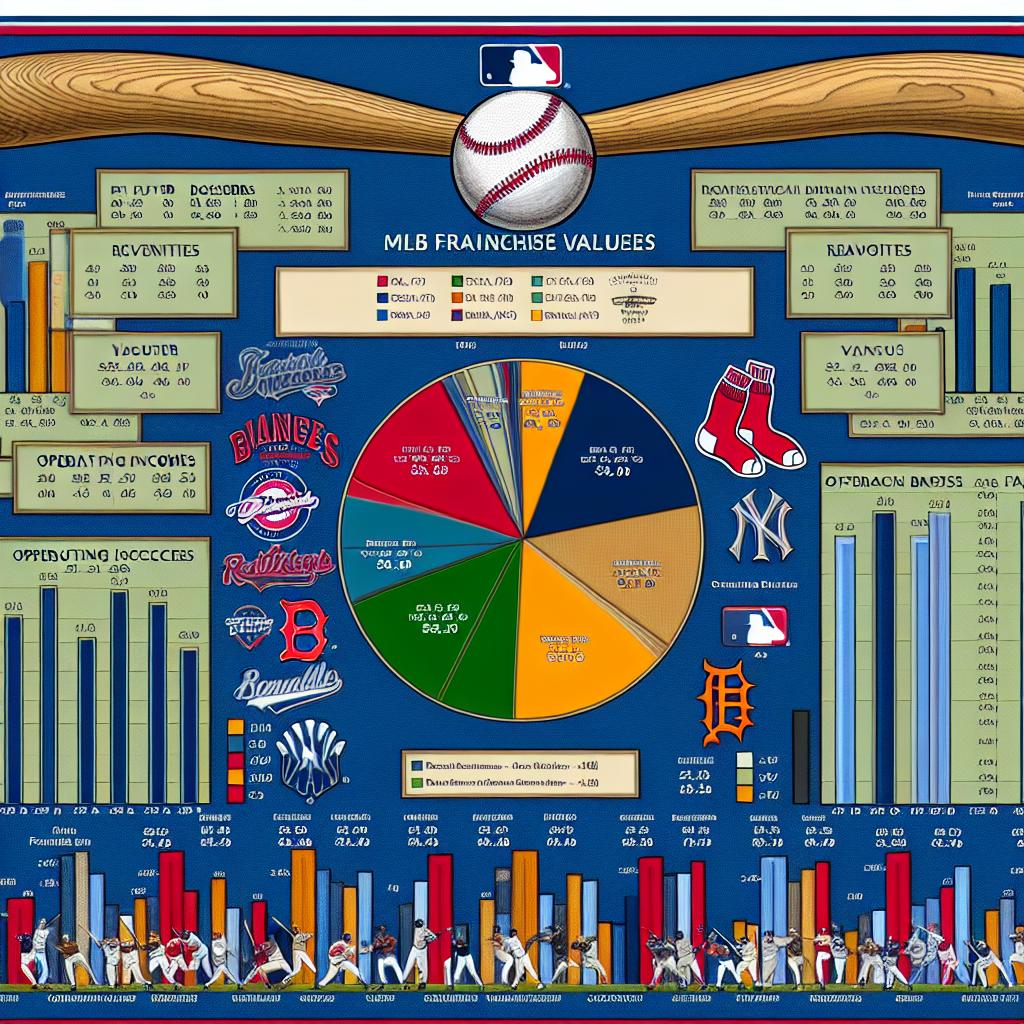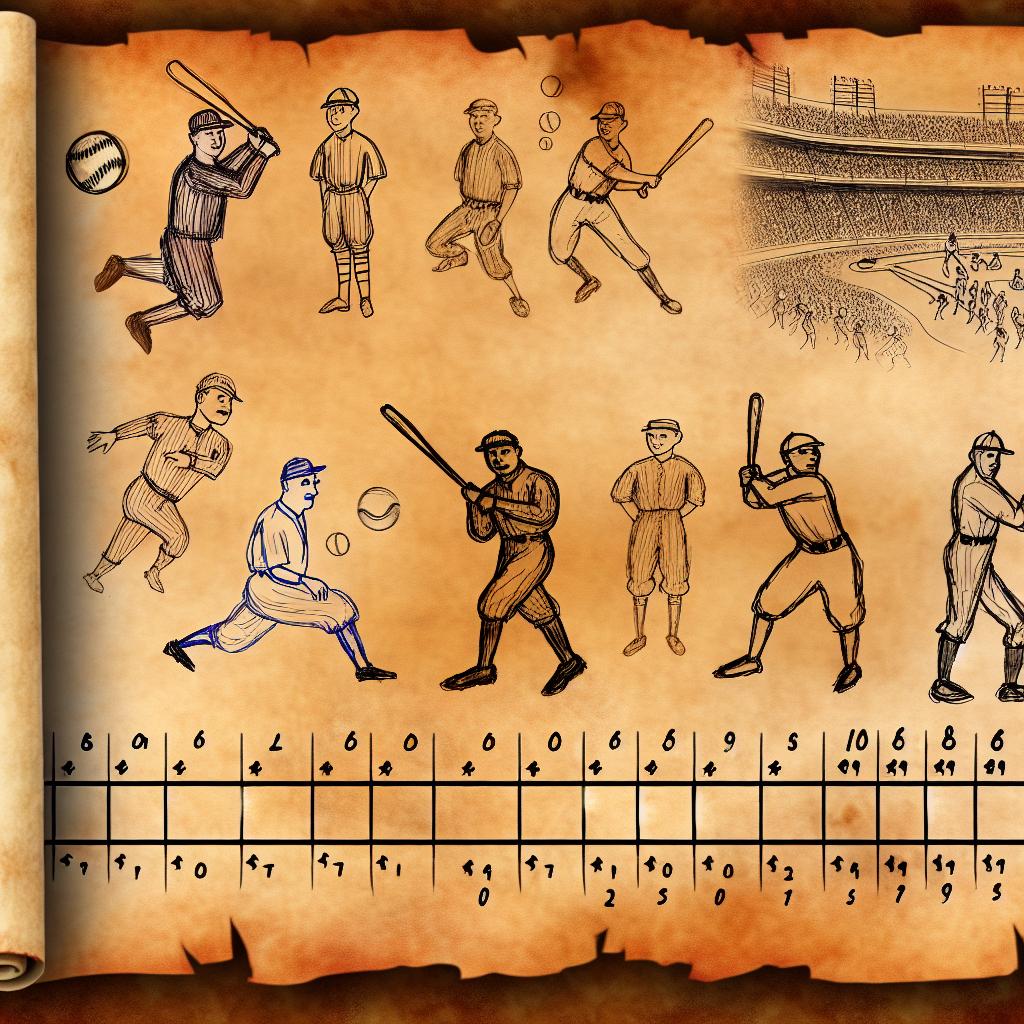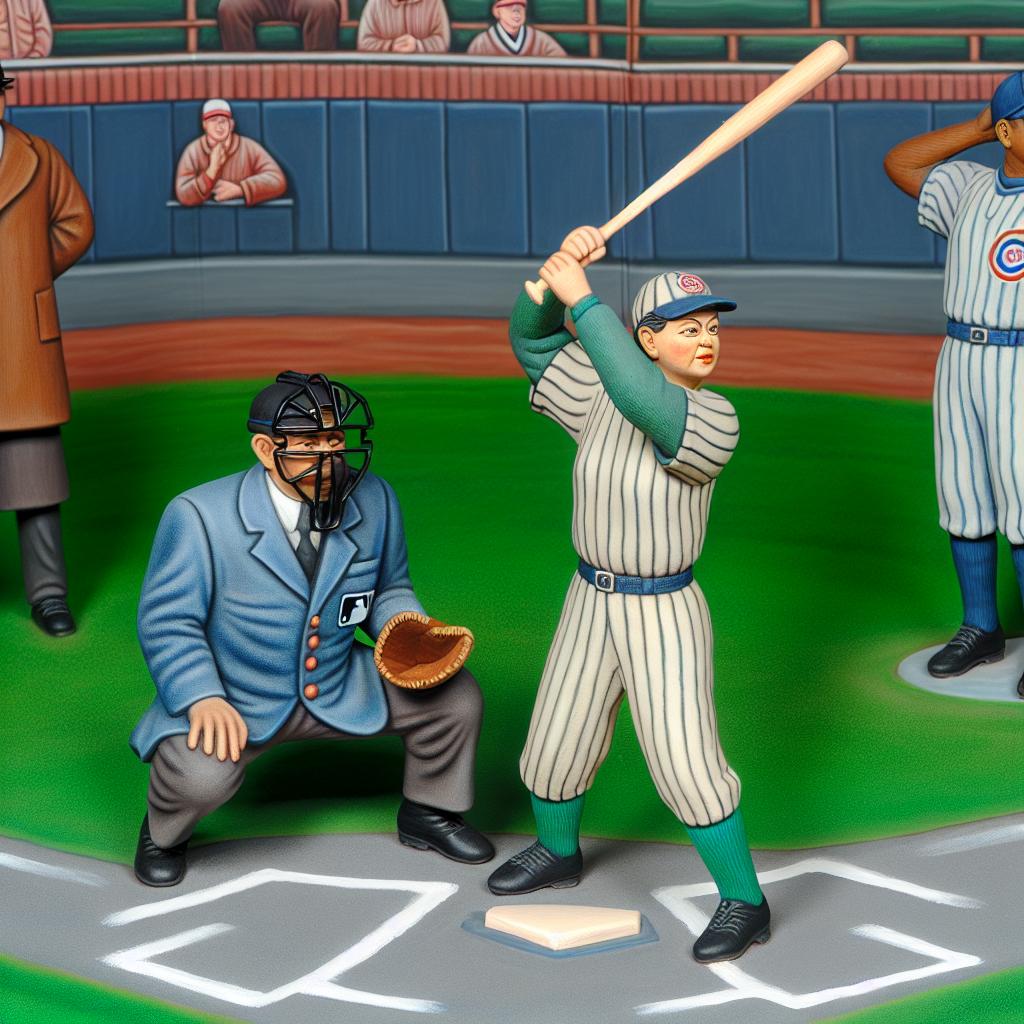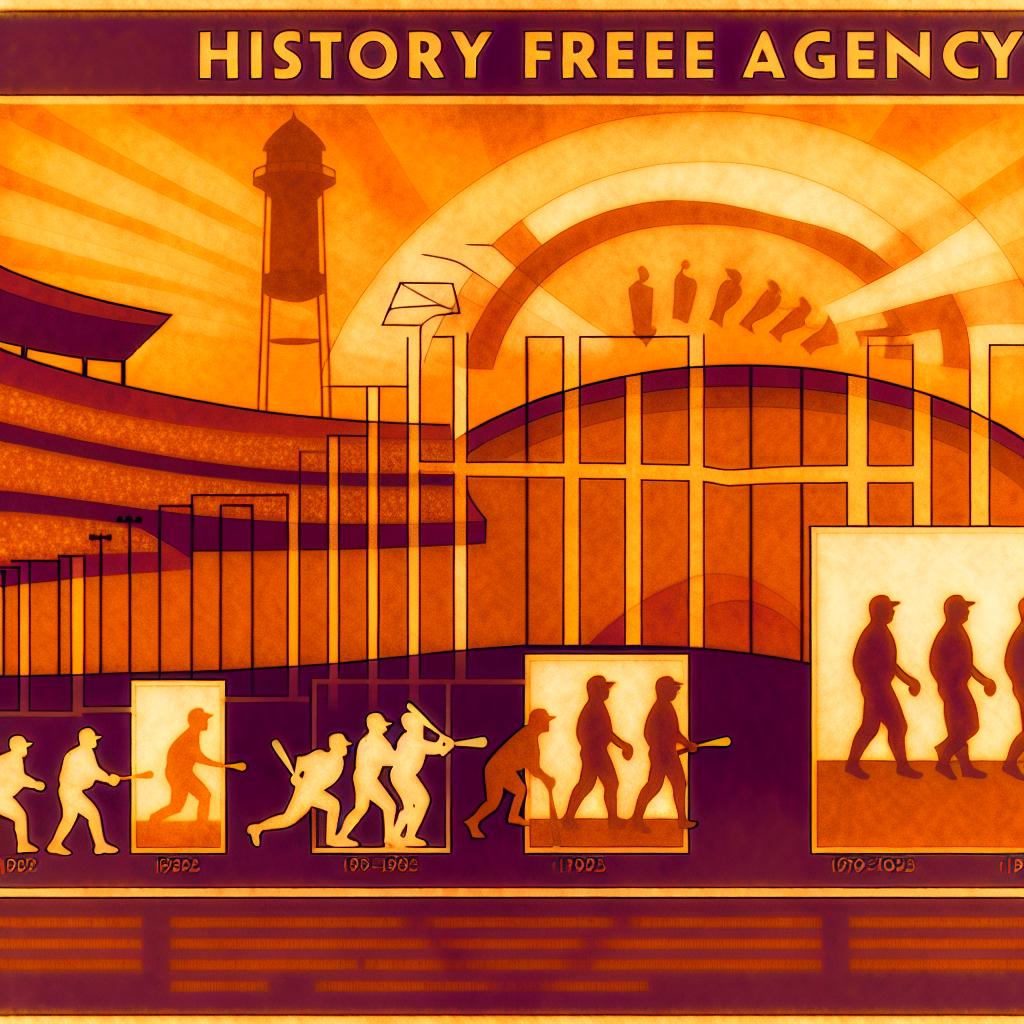The Major League Baseball Hall of Fame: An Overview
The Major League Baseball (MLB) Hall of Fame, located in Cooperstown, New York, serves as a symbol of excellence in baseball. This institution recognizes the achievements of players, managers, executives, and umpires who have made significant contributions to the sport. The Hall of Fame’s role is not merely ceremonial; it is a cornerstone of baseball history that preserves and communicates the game’s rich legacy.
The Origins and Purpose
Established in 1936, the Major League Baseball Hall of Fame first opened its doors to the public in 1939. The inception of this revered institution was inspired by the desire to honor individuals who have excelled in various facets of professional baseball. By recognizing such outstanding achievements, the Hall of Fame provides a source of inspiration for both fans and players. Induction into the Hall of Fame is often regarded as the pinnacle of personal achievement in the world of MLB, symbolizing a career distinguished by exceptional skill and sportsmanship.
Criteria for Induction
Induction into the Hall of Fame is primarily determined by the Baseball Writers’ Association of America (BBWAA) voting process. To be eligible, players must have spent at least ten seasons in Major League Baseball and retired for a minimum of five years. The voting process is rigorous, requiring candidates to secure at least 75% of the votes for induction. Besides players, the Hall of Fame also honors distinguished managers, umpires, and team executives, who must meet specific criteria as determined by various committees responsible for nominations.
Managers and umpires often gain recognition for their strategic prowess and contributions to the game beyond mere on-field performance. Similarly, team executives who have fostered and developed successful baseball organizations are deserving of acknowledgment. The criteria for non-player inductions emphasize comprehensive contributions to the sport, underscoring the Hall of Fame’s commitment to celebrating diverse accomplishments within the baseball community.
Impact on the Baseball Community
The impact of being inducted into the Hall of Fame resonates deeply within the baseball community and profoundly affects the individuals honored. For players, receiving this honor acts as a validation of their years of dedication and skillful play. It solidifies their legacy within the sport, offering a permanent remembrance of their contributions to baseball’s storied history.
For the broader baseball community, the Hall of Fame serves as an invaluable historical archive. Its museum houses extensive exhibits that detail the evolution of the game, highlight significant players, and commemorate legendary moments. These exhibits offer fans and researchers access to a wealth of knowledge about the sports’ progression and impact on society.
The Hall of Fame supports educational initiatives, using its vast repository of baseball history to impart valuable life lessons in teamwork, perseverance, and sportsmanship to younger generations. By doing so, it ensures that the rich legacy of baseball continues to inspire and educate future fans and players.
Challenges and Controversies
The induction process for the Hall of Fame has not been without its challenges and controversies. Over time, debates have often emerged regarding the eligibility criteria and the selection process, particularly concerning players from the so-called ‘steroid era’ or those with controversial pasts.
Such discussions reflect the complexities involved in balancing statistical achievements with character assessments when determining a candidate’s merit for induction. Critics argue that the Hall of Fame must represent an unblemished history of excellence in baseball, while others believe that the narrative should encompass the broader human elements that have accompanied the sport’s development.
The ongoing dialogue about the Hall of Fame’s selection criteria underscores the dynamic nature of baseball itself and how it mirrors broader societal values and changes. Addressing these challenges requires ongoing conversation and adjustment to the criteria, ensuring that the institution remains relevant and reflective of both the sport’s history and its future aspirations.
For further information on the Hall of Fame and its comprehensive exhibits, visit the official site: baseballhall.org.
In conclusion, the MLB Hall of Fame plays a crucial role in preserving the history and integrity of baseball. Its selections not only impact the immediate careers of those inducted but also shape the broader narrative of the sport itself. In its dual role as a historical protector and educator, the Hall of Fame remains an essential institution within baseball, fostering a deep appreciation for the achievements and progress of this beloved pastime.





